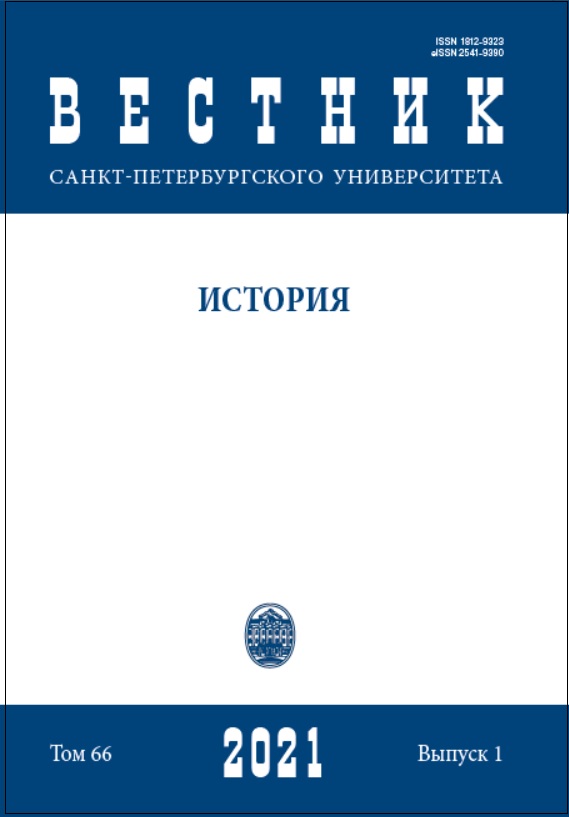Widows in a traditional family and the Don Cossack community
DOI:
https://doi.org/10.21638/spbu02.2021.117Abstract
Based on the analysis of materials from the Don periodical of the second half of the 19th century, as well as data from field ethnographic studies of the late XX – early XXI century. Collected in places of compact residence of the Don Cossacks, the article reveals the status and functions of widows in the Don Cossack community and family. The cardinal changes in the situation of widowed women in the family and community, in the economic and ceremonial spheres of life are shown, and the mechanisms for their adaptation to the new status are revealed. Features of the militarized way of the Don Cossack communities left their mark on the position of widow-Cossacks in the family and community. They determined their high status associated with the main social function - the guardians of the military glory of husbands. The special property rights of widows and their active participation in the life of the community, including in Cossack self-government, were associated with this. The community secured the widows the right to land allotment of the deceased husband and his property, defended the rights of the widow and her children, focusing not only on legislation, but also on customary law. In the Cossack milieu, there were also forms of psychological rehabilitation of widows: their inclusion in the ritual life of the family and community, support through the communities of odnosumy (fellow soldiers) and odnosumok ("femail fellow soldiers"). These mechanisms enabled women who found themselves in difficult life situations to find a new place in society, to open opportunities for psychological rehabilitation, spiritual realization and the continuation of an active social life.
Keywords:
Don Cossacks, Cossack widow, family and social status, ritual functions
Downloads
Downloads
Published
How to Cite
Issue
Section
License
Articles of "Vestnik of Saint Petersburg University. History" are open access distributed under the terms of the License Agreement with Saint Petersburg State University, which permits to the authors unrestricted distribution and self-archiving free of charge.





